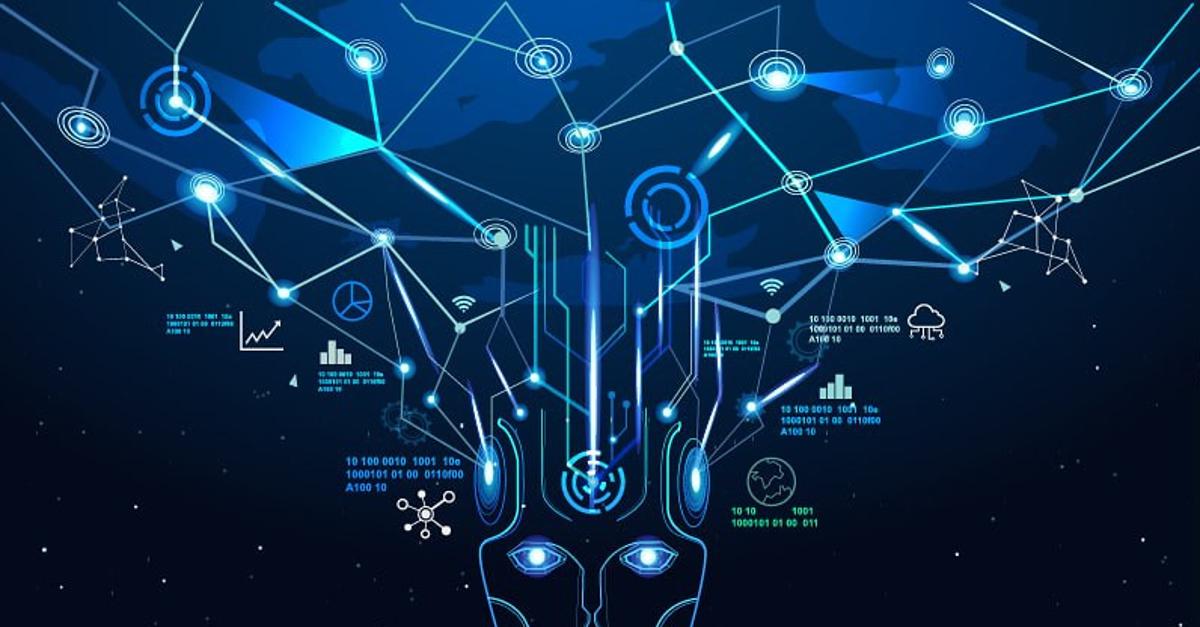Embracing the AI Revolution with Caution

Embracing the Future with Caution
As we stand on the precipice of a new era of AI-driven advancements, I cannot help but feel a mixture of excitement and trepidation. The recent announcement of GitHub Copilot X, a next-generation AI-powered software development platform that leverages OpenAI’s GPT-4 model to integrate chat and voice interfaces, AI-assisted pull requests, command line integration, and instant documentation answers, is a testament to the incredible potential of AI in reshaping the developer experience and boosting productivity. However, as an individual navigating this rapidly changing landscape, I find myself contemplating the deeper implications of our increasing reliance on AI and the potential consequences of losing sight of our own human skills and creativity.
As I marvel at the potential capabilities of GitHub Copilot X, which incorporates OpenAI’s GPT-4 model and provides AI assistance throughout the entire development lifecycle, I find myself pondering the age-old question of what it means to be human in a world increasingly governed by technology. While the platform promises a seamless engineering experience, integrating with documentation, issues, discussions, and wikis, I wonder if we are prepared, as individuals, to adapt and keep pace with these changes.
Balancing AI Assistance with Human Creativity
On a personal level, I recognize the immense potential of AI in enhancing productivity and allowing engineers, like myself, to focus on the more creative and innovative aspects of our work. The opportunity to accelerate progress in many industries, leading to the development of groundbreaking technologies and solutions, is genuinely inspiring.
However, as a philosophical thinker at heart, I cannot ignore my own skepticism regarding the potential pitfalls of overreliance on AI. As AI becomes more adept at handling various aspects of software development, I worry that we, as engineers, could risk losing vital skills and innovative spirit by depending too much on AI assistance. This reliance might lead to complacency and hinder our ability to think critically and creatively.
Adapting to a Rapidly Changing Landscape
Moreover, as technology continues to advance at an unprecedented pace, I am concerned that we, as individuals, may struggle to adapt and maintain a sense of balance in our lives. While AI can offer invaluable support in many areas, it is essential to remain vigilant in preserving our own unique human qualities and capabilities.
To navigate these concerns, I believe that we must actively invest in our own skill development and continuous learning. Fostering a culture of curiosity and adaptability within ourselves can help ensure that we stay engaged with our work and continue to develop new skills, even as AI takes on more of the mundane tasks.
A Collaborative Future
Furthermore, we must remember that AI is only as good as the data it’s trained on and the algorithms that drive it. It is crucial for us, as engineers, to understand the limitations and biases of AI systems and remain actively involved in reviewing and refining the suggestions generated by AI tools like GitHub Copilot X. This hands-on approach will help maintain the human touch in software development and ensure that AI serves as a valuable tool rather than a crutch.
Ultimately, the key to navigating the future of AI-driven software development lies in embracing a collaborative relationship between humans and AI, leveraging the strengths of both to achieve the best possible outcomes. By thoughtfully integrating AI into the development process, we can enhance our capabilities without losing sight of the value of human creativity and expertise.
Wrapping Up
In conclusion, the rapid advancements in AI technology, as exemplified by GitHub Copilot X, present both opportunities and challenges for individuals like myself in the software development industry. While I am personally excited by the possibilities, I also recognize the importance of maintaining a philosophical skepticism in the face of this rapidly evolving technology.
By fostering a culture of continuous learning and embracing the collaborative potential of humans and AI, I hope to ensure that these technological advancements serve as a catalyst for innovation and progress, rather than a harbinger of an underskilled future. As we navigate this uncertain and disruptive period, let us not forget the power of our own human spirit and the importance of staying grounded in our values and capabilities.